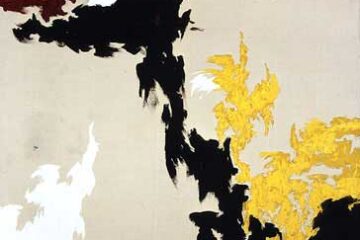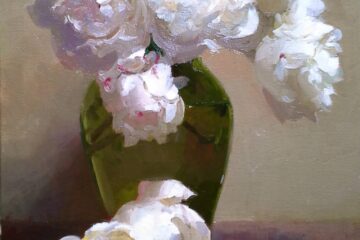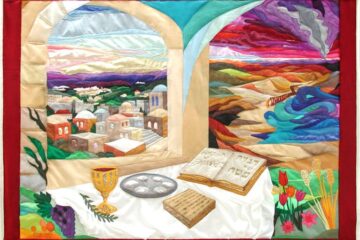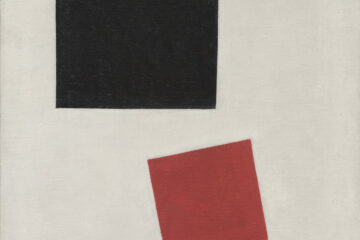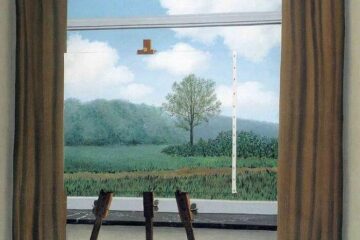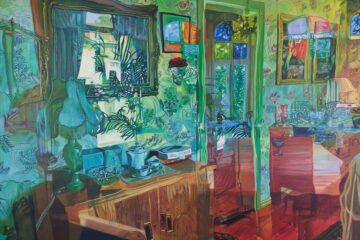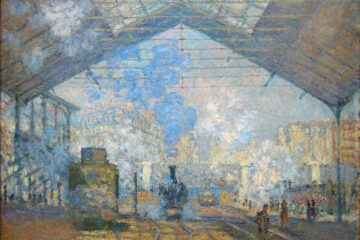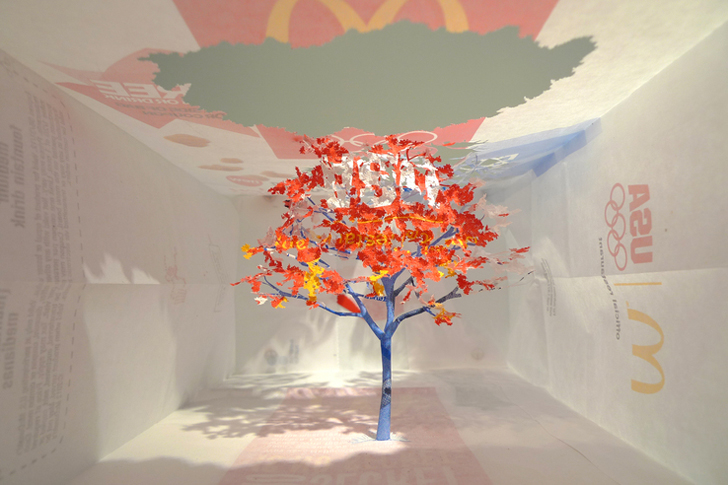
When things go wrong, really really wrong, we may tend to look for salvation in familiar places, in familiar faces…in people who look and sound like…us. If we do, then the search has less to do with solutions than with affirmation: that what we believe and how we live are right.
By turning exclusively to someone who tells us what we want to hear, who reassures us that we are right and that the cause of our problems lies elsewhere, we ignite within us grievance, indignation and self-righteousness. The finger pointing, and worse, gets directed outward at others. We may prevail in the moment only to repeat the process further down the road. We may have cleared the field of battle before us, but not the one within us.
Torah is not a book of reassurance. It is one of provocation and dis-settlement. And enlightenment comes from the strangest of places. In this week’s portion, Parshat Balak, it is a donkey (and a speaking one at that!) who sees the divine presence and tries to adjust its progress accordingly. Its master, the professional seer Balaam, is blind to it all along the path. But Balaam’s donkey is not the only non-Israelite character in Torah to see the way forward clearly, better even than the Israelites themselves.
It is a Midianite priest, Yitro, who recognizes the grace and righteousness of God. His praise in the form of a blessing for God, serves as precursor to the revelation at Mount Sinai. When the Israelite prophet Jonah seeks to flee from his divinely ordained mission, he sails off with a boatload of heathen sailors who in the middle of a pitched storm embrace God, to whom they make vows while Jonah hides below deck. When Jonah finally arrives at Nineveh, he is aggrieved that all of the people of that non-Israelite nation express their faith in God.
And the final words in the Jewish Bible are spoken not by a Jewish warrior or prophet but by Cyrus, King of the Persian Empire, who was called mashiach, appointed one, by the prophet Isaiah. Cyrus calls out to those Jews before him who are ready to assume the challenge of going up to Jerusalem to build a dwelling place for God: “May Adonai God be with you.”
Yuken Teruya is a Japanese born artist based in both New York and Berlin. He is deeply influenced by and respectful of the ancient art of paper making, Washi, which was brought to Japan in 610 C.E. In his series of works titled Notice-Forest, he has taken that traditional art form and brought it into tension with the modern, everyday commercial use of paper in the form of shopping bags. Each piece in the series consists of a paper tree inside a paper bag. On the outside is something of seemingly little worth. Who pays much attention to a bag? But inside is something beautiful.
Presented here is his piece Notice-Forest: What Victory TastesLike. Who would have thought that inside a MacDonald’s bag would be a delicately crafted tree with iridescent leaves? And the tree in What Victory Tastes Like seems to be growing from the side of the bag! Teruya observes that “while it seems like the bag is holding the fragile tree inside, the bag actually combines with the tension of the tree to hold the bag up.”
The bag does not merely transport the tree. Nor is the tree merely an abnormal internal growth of the bag. Tree and bag exist in symbiotic relationship with one another. Are we surprised by this mutually beneficial relationship? Does it astound us that something as prosaic and discardable as a MacDonald’s bag could convey such a precious amazement as a tree? Or did we perhaps forget from what a bag is made and to what a recycled bag will contribute new growth? It’s all connected, isn’t it?
The greatest story in the Hebrew Bible of Jewish redemption originating from outside its community is the Book of Ruth. Ruth enters the Jewish community of Bethlehem and eases the life of Boaz, revives emotionally broken Naomi, and gives birth to a line that eventually produces King David. But she is not merely an outsider. She is a Moabite! One who is forbidden to enter into the peoplehood of Israel (Deuteronomy 23:3). How could Jewish tradition have allowed her to marry Boaz, much less become the great-grandmother of Israel’s greatest warrior-king? The rabbis of the Talmud find a way: the scriptural prohibition, as they read it, applies only to male Moabites.
There is always a way to open ourselves up to extraordinary new growth. The artist Teruya cut a hole in the familiar to let light in, and look what grew! The rabbis acted as artists too, opening what seemed like a closed text into a portal to expanded possibilities from outside. Beauty can be found in the most unexpected places.


